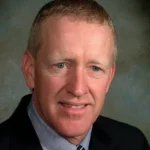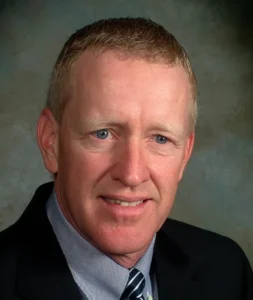The Academy of Philosophy and Letters will be holding its annual conference on the topic “Civil Religion and American Self-Understanding” next weekend at the BWI Doubletree in Baltimore. There are still spaces available for those who want to attend. This year’s keynote speaker is Patrick Deneen. Please contact me at polet@hope.edu for more information.
The program is as follows:
Speaker: Patrick Deneen, Notre Dame, “Liberalism as a Civil Religion”
8:30-10:30 AM. PANEL/ROUND TABLE 1. Historical and Literary Sources/Recollections on Civil Religion (Harbor Room)
Chair: Lowell Gustafson, Villanova University
James Matthew Wilson, Villanova University, “Integral Humanism: Jacques Maritain’s Dream of a New Christendom”
Ryan Holston, Virginia Military Institute, “Rousseau on Civil Theology”
Jeff Polet, Hope College, “Bellah’s Seminal Essay on American Civil Religion”
Jay Schalin, The Pope Center, “Civil Religion and the Millennial
Rejection of the American Identity”
10:45 AM -12:45 PM. PANEL/ROUND TABLE 2: Historical Perspective and Public Philosophy (Harbor Room)
Chair: Joe Baldacchino, National Humanities Institute
Chad Pecknold, Catholic University “Augustine and Civil Religion”
Jay Starliper, “The Politics of Misery: Peter Viereck and the Celestial State”
R.V. Young, Modern Age, “Cicero and Civil Religion”
Peter Haworth, Anamnesis, “Tocqueville and Public Philosophy”
Chair: Dan McCarthy, The American Conservative
Speaker: Richard Gamble, Hillsdale College, “The Battle Hymn of the Republic.”
3:30-5:30 PM. PANEL/ROUND TABLE 3: American Civil Religion and the Rise of Majoritarian Democracy (Harbor Room)
Chair: Barbara Elliott Houston Baptist University
John Pinherio, Aquinas College, “Civil Religion and Westword Expansion”
James Wallner, Senate Steering Committee, “The End of the Filibuster?”
Michael Federici, Mercyhurst University, “Rewriting the Unwritten Constitution”
Lee Cheek East Georgia State College, “Scalia and Civil Religion”
Justin Litke, Belmont Abbey College, “Equality as the Foundation for American Civil Religion”
Chair: William Byrne, St. John’s University
Claes G. Ryn, The Catholic University of America, “How Desperate Should We Be?”
Sunday
10:00 AM-noon. PANEL/ROUND TABLE 4. Civil Religion and Popular Culture (Harbor)
Chair: Brian Mitchell, Academy of Philosophy and Letters
Justin Garrison, Roanoke College, “Fight Club and American Civil Religion”
Greg Butler, New Mexico State University, “Bruce Springsteen’s Runaway American Dream”
Rob Delfino, St. Johns University, “Zombies and Vampires: Civil Religion and Popular Culture”
Jeremy Beer, American Philanthropic, “Booth Tarkington and the Dynamism of American Self-Identity”



